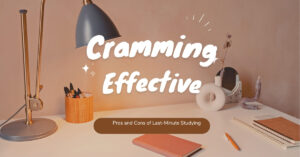



Best chrome extension for students: Promote online learning in 2025
July 15, 2025
No Comments
Read More »

How to write a correct detail of goals: Sop Writing Guide for Students
July 14, 2025
No Comments
Read More »




Top Scholarship for Pakistani Students to study in the United States
July 5, 2025
No Comments
Read More »

